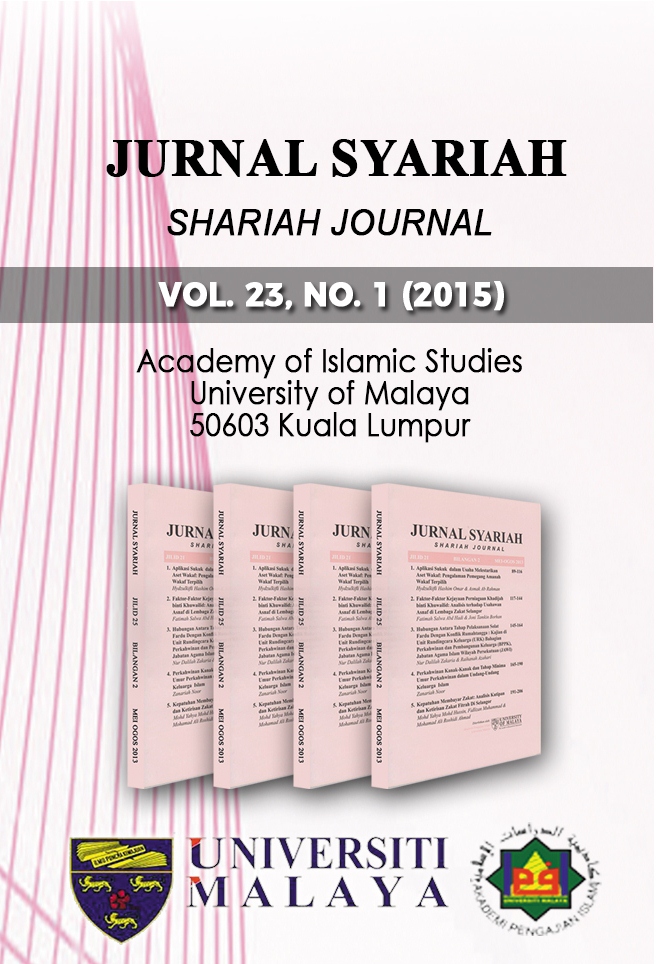THE EFFECTS OF COLONIALISM ON SHARIAH: THE MALACCA AND SOKOTO EXPERIENCES
DOI:
https://doi.org/10.22452/js.vol23no1.7Keywords:
Shariah, Malacca Sultanate, Sokoto Caliphate, ColonialismAbstract
Muslims around the world have made a full attempt to ensure that the law of Allah the Most High and Exalted becomes their guidance in all their affairs. Malacca Sultanate and Sokoto Caliphate implemented Shariah before the coming of the colonial masters. When the colonial masters came, they introduced the doctrine of validity to make Islamic law a secondary law especially in criminal matters. Islamic law was made applicable to Muslims only on matters of Muslim personal law such as marriage, divorce and custody of children. Even after independence, not much was seen of Islamic criminal law in these territories. However, a new awakening amongst Muslims has resulted in the implementation of some aspects of Islamic criminal law in Malaysia and Nigeria. Since democracy advocates that the voice of the majority must always be reckoned with, it will therefore not be out of place to have Islamic law in these territories. But that is supposed to hold when machineries for its implementation are put in place, sincerity on the part of Muslims is achieved and awareness is created. The article therefore aims to expose the effect of colonialism on Islamic law in Malacca and Sokoto, status of Shariah after independence in Malaysia and Nigeria and suggestions on how to make implementation of Shariah more successful in these territories.
Downloads
Downloads
Published
How to Cite
Issue
Section
License

This work is licensed under a Creative Commons Attribution-NonCommercial 4.0 International License.
COPYRIGHT: All rights reserved. Not allowed to be reproduced any part of articles and contents of this journal in any form or by any way, whether electronic, mechanical, photocopying, recording or otherwise without permission in writing from the Chief Editor, Jurnal Syariah.











